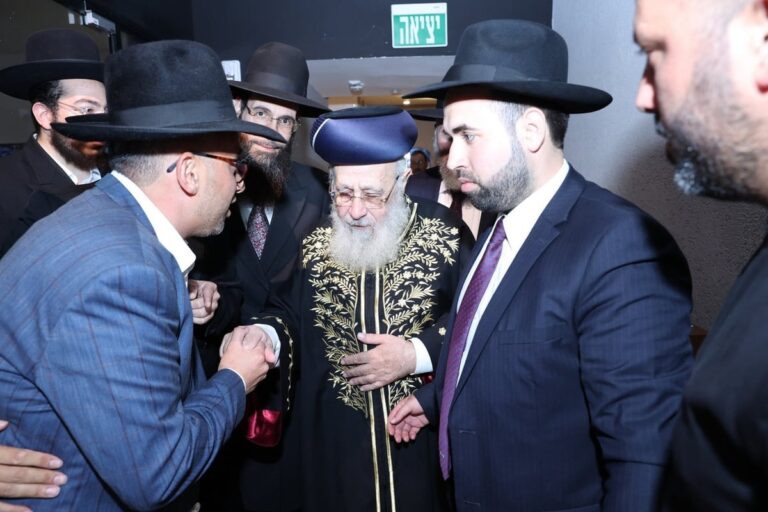Kol Korei About Kapporos Signed By Gedolim Is Issued By Agudath Israel Of America
Reissuing a Rabbinic statement (Kol Korei) that was first published seven years ago and that remains relevant today, Agudath Israel of America is calling upon the community to exercise care regarding the custom of kapporos before Yom Kippur. Given the size of the community, and the large volume of chickens that will be handled in the upcoming days, the practice of kapporos needs to be conducted in a manner that ensures that proper standards of kashrus, cleanliness, and humane treatment of animals, as defined by halacha, are met. This can be achieved by patronizing only those establishments that are under appropriate rabbinic supervision. CLICK HERE TO VIEW IN LARGE ENGLISH TRANSLATION: KOL KOREI To All Our Jewish Brethren, Hashem’s Blessings Upon You! As the y’mei ho’rachamim ve’hadin rapidly approach, and as Jews will soon be fulfilling the minhag of Kapporos during the Aseres Yimei Teshuva, we wish to emphasize the need for all public Kapporos centers to be under the exacting Hashgacha of a competent Rav Hamachshir to ensure that all aspects of this “minhag vasikin” (Rama, Shulchan Aruch Orach Chayim 605) are done properly in accordance with halacha. Halachic authorities have long pointed out the need for special care to be taken during the Kapporos process that the chickens be slaughtered and processed properly, especially on Erev Yom Kippur, when many shochtim spend long hours shechting large volumes of chickens (as discussed in Mishneh Berurah, ibid, se’if koton beis). A proper Hashgocha will oversee all aspects of kashrus throughout the entire process, including the proper handling of the chickens prior to shechita so as to avoid fractures or other defects that would render the chickens treif; the validity of the shechita itself, including the necessary periodic checking of the knife used for shechita; the post-shechita internal bedika; and the proper kashering of the chickens (soaking, salting and rinsing). In addition to these kashrus matters, the Hashgocha will also ensure that all other relevant halachos are carefully adhered to throughout the Kapporos process, including such matters as health and safety concerns (both those that concern the wellbeing of those who handle the chickens, as well as those that concern the safety of the food); scrupulous compliance with the Torah’s laws of tza’ar ba’alei chayim throughout the entire process of storing, transporting and handling the chickens, which should be done by responsible adults, not children; ensuring that a live chicken that has already been used for Kapporos by one individual should not be reused for Kapporos by another individual; and sensitivity to tzniyus concerns, to avoid improper mingling to the extent possible. We have enlisted the assistance of a group of distinguished local Rabbonim to work together with the proprietors and sponsors of Kapporos centers and with Mashgichim to implement proper standards, and to oversee the centers to ensure that nothing improper transpires in the Kapporos process. We therefore call upon the entire tzibbur to patronize only those Kapporos centers that are under the exacting Hashgacha of expert Rabbonim. In the z’chus of carrying out this minhag vasikin properly, in full compliance with halacha, may we all be zocheh to kapporas avonos, and to be inscribed in the Book of the Righteous for a good and blessed year. To this we have placed our signatures, for the benefit of the community,











